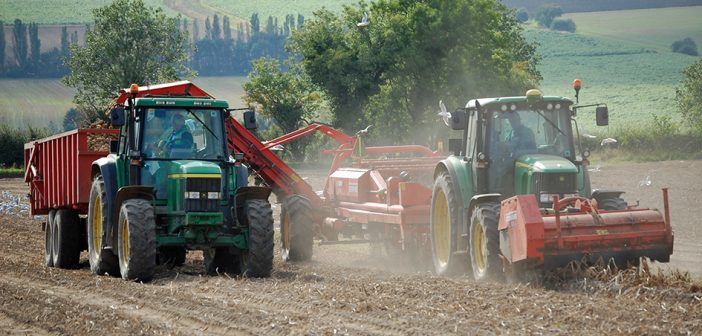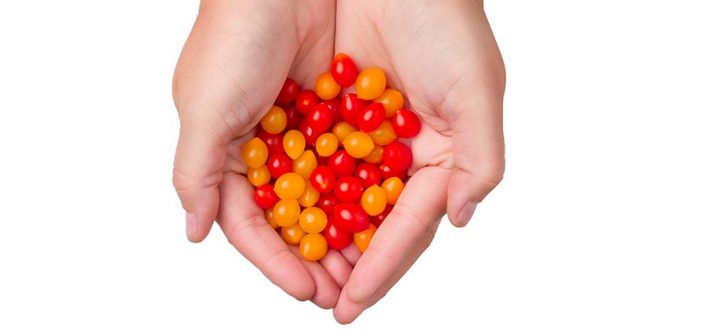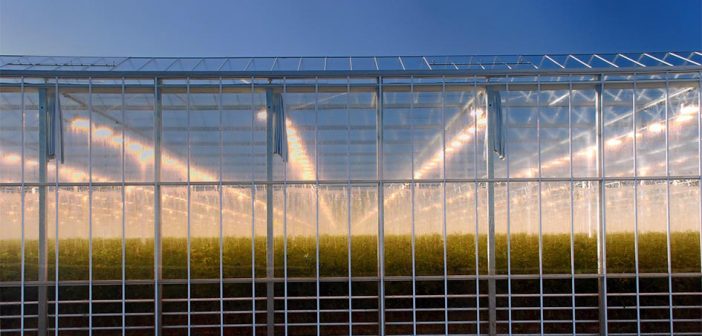The National Farmers’ Union has written to The Times to dispute the impression given by campaign group Migration Watch UK in an article that there is no labour crisis on UK farms.
Under the front page headline: ‘Record number of EU workers in Britain despite Brexit vote’ on 16 November, the newspaper referred to an Office for National Statistics (ONS) report showing that the number of EU citizens working in the UK is now at a record high of 2.37 million, despite last year’s referendum result.
Alp Mehmet, vice-chairman of Migration Watch UK, said the figures “show that predictions of a ‘Brexodus’ are nonsense,” adding that they threw into doubt claims that food is being left to rot in the fields due to lack of EU migrant labour.
In her letter, NFU Deputy President Minette Batters wrote: ‘The ONS data on EU citizens that your article refers to on the front page… doesn’t account for seasonal workers that come to the UK for less than 12 months – these make up the majority of the workforce. This is where fruit, veg and flowers growers in particular are already experiencing real difficulty. Our latest survey of recruiters in this area shows a worker shortage of 29% in September, raising the average shortfall for the year to 11%.
‘The British farming sector needs commitments from Government that, where needed, there will be sufficient numbers of permanent and seasonal workers from outside the UK in the run up to the UK leaving the EU and beyond.’

Photo Caption: Alp Mehmet, vice-chairman of Migration Watch UK
Photo Credit: YouTube
The post NFU responds to EU labour claims appeared first on Hort News on 22 November 2017.


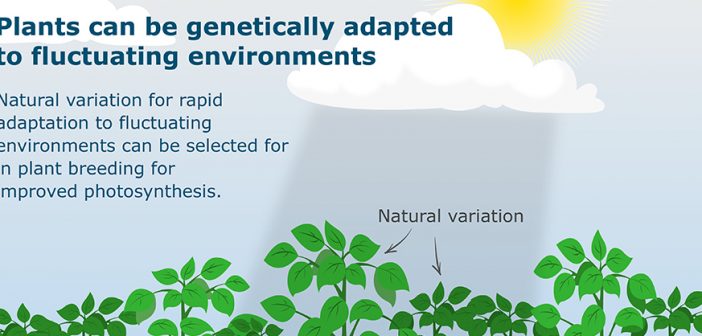
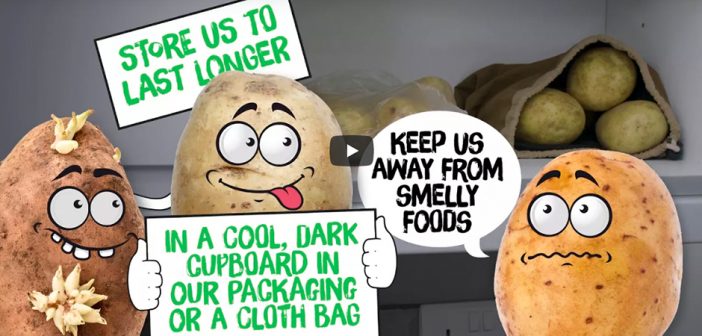 food
food
